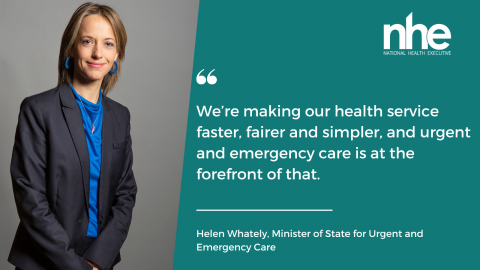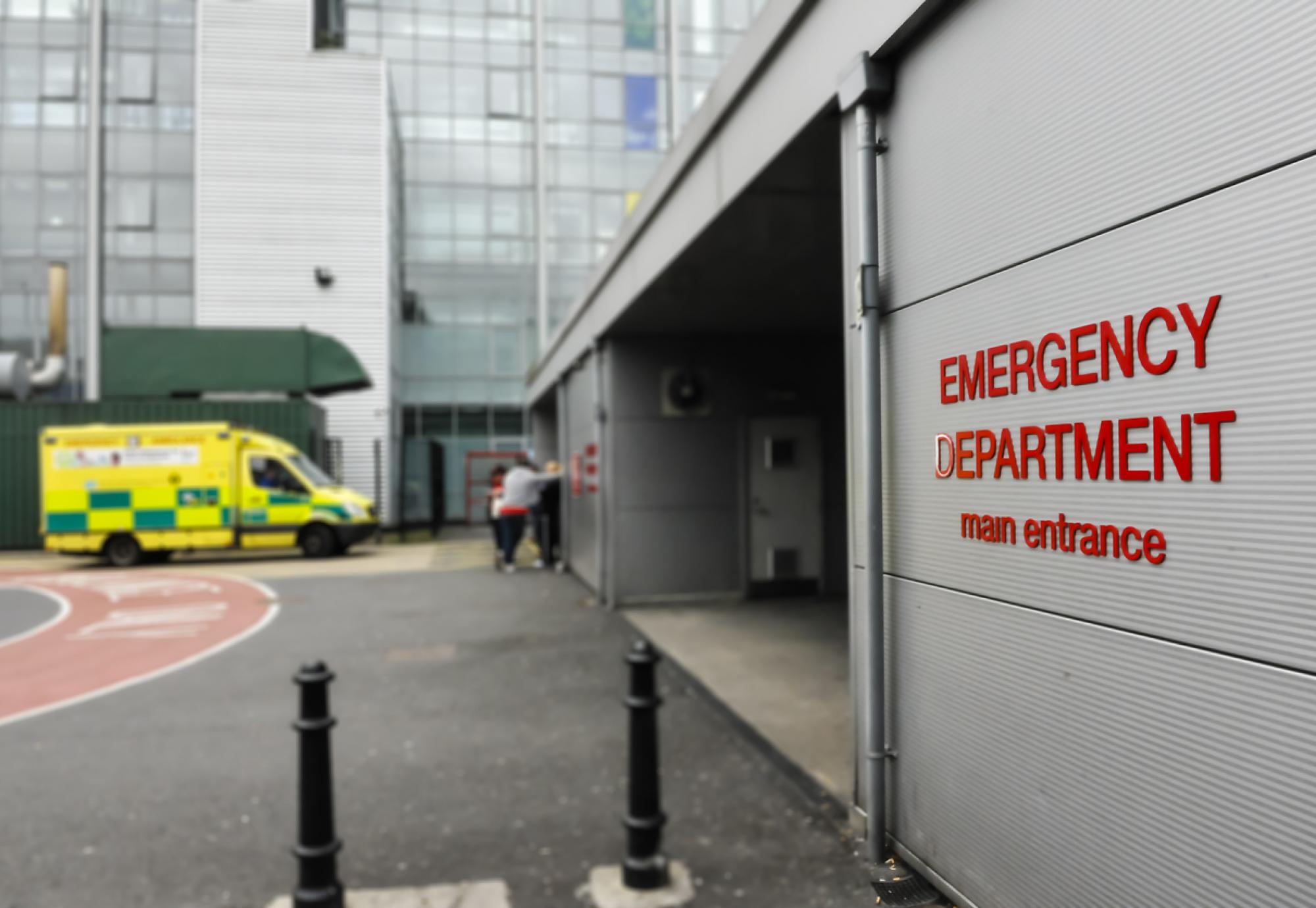NHS England (NHSE) has revealed the next stage of its Urgent and Emergency Care Recovery Plan.
The headline commitments for 2024/25 are to improve A&E waiting times (compared to 2023/24), with a minimum of 78% of patients seen within four hours in March 2025.
NHSE also wants to speed up category two response times to an average of 30 minutes across the year.
A funding package of £150m will back local improvement plans and a further £150m will be made available to incentivise the best performing areas and those that improve the fastest.
For the first time ever, incentives will include 12-hour A&E waits, which hospitals and social care teams have specifically been asked to limit.

While reducing waiting times is central to the plan, NHSE also intends to avoid A&E admissions full stop, with virtual wards positioned as the best way to move that line of action forward.
The decision to expand virtual ward provision is based on analysis from the South East that showed 9,000 hospital admissions had been avoided in the region, thanks to its virtual ward model.
NHSE says the data shows that one non-elective hospital admission could be prevented for every 2.5 virtual ward admissions.
If the model from the South East was scaled up across the country, 178,000 admissions could be stopped over the next two years.
The move has been detailed as part of a letter to all local hospitals and health systems in England, which sets out evidence-based actions to continue to enable service improvements.
Those actions include:
- Clinical assessment of 111 and 999 calls to direct patients to the best service for them
- Frailty assessments at the A&E front door to identify patients over 65 who may need access to specialist clinicians
- More flexibility for urgent and emergency care staff to boost retention and increase capacity
NHSE’s national director for urgent and emergency care, Sarah-Jane Marsh, said that despite progress in the plan’s first year, “there is still much further to go”.
☑️ A&E waits down
— Department of Health and Social Care (@DHSCgovuk) May 16, 2024
☑️ Quicker response times for ambulances
☑️ Expansion in same day emergency care
Our NHS Urgent & Emergency Care Recovery Plan has increased hospital capacity and improved patient care.
See our priorities on emergency care for the next 12 months 🔻
CEO at NHS Providers, Sir Julian Hartley, said that it is right that the next stage of the plan focusses on successful initiatives and “every avenue should be explored”.
Urgent and emergency care minister, Helen Whately, explained: “Last year, we started planning for winter earlier than ever before and that plan worked.
“We got A&E waits down and ambulances to people quicker – and over 200,000 more people received NHS same day emergency care. That was thanks to the hard work of our NHS and social care staff, and by doing things differently to improve care.
“We’re learning from what worked to do better again this year, like helping people get home sooner when they are well enough to leave hospital and preventing people needing to go to hospital in the first place.”
To learn more about how the NHS is improving performance in urgent and emergency care, sign up for a dedicated online conference hosted by National Health Executive later this year and get insight from industry-leading professionals.
Image credit: iStock



















